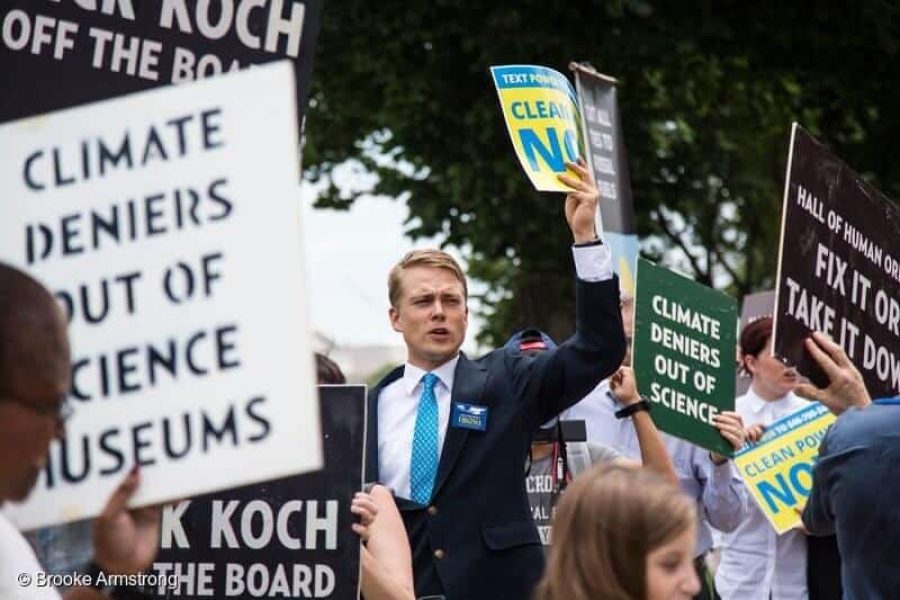One of the biggest challenges that many climate advocates have to contend with is the way misinformation regarding environmental issues keeps spreading at an alarming rate. This is despite the fact that the science behind most findings has been more than clear.
It’s something that prompted researchers at Monash University in New Zealand to develop a technology that can actually ferret out fake news, pinpoint their source, and help shut them down.
In a study recently published in Nature Scientific Reports, the research team presented a number of environmental myths from dubious sources and then trained a computer program to identify them. This development has exposed how climate change denial continues to evolve and presents how those spouting dubious claims have switched over the past few years from denying the science behind the issue to complaining about how current responses are either too slow or won’t work.
The team considered climate-centric information from 33 climate change denial blogs as well as 20 conservative think tanks which have been active from 1998 to 2020. The information was then sorted into different themes:
- Complete denial that global warming is happening;
- It isn’t true that greenhouse gases produced by humans are the reason for global warming;
- There’s nothing bad about climate impact;
- Don’t expect climate solutions to work; and
- How can you trust what climate scientists are saying?
These themes are made up of 27 sub-claims and 49 lesser claims. These range from something as innocuous as tropes accusing scientists of a specific bias, outright denial of climate change impact, to misleading and even incendiary rhetoric. In total, these are being used to facilitate the biggest ongoing analysis of contrarian claims regarding environmental issues.
Based on current findings, much of the climate misinformation currently going around no longer revolves around climate myths. Instead, more recent spurious claims are focused on undermining any research done regarding climate change, as well as the proposed solutions and workarounds being proposed by both governments and reputable research institutions.
According to the research team, the ongoing switch from climate denial to solutions denial probably came about because of the overwhelming amount of tangible evidence regarding climate change effects caused by human negligence. But while science denial has become untenable, those who continue to catcall and ballyhoo climate action do so by sowing misinformation on potential climate solutions in the hope of denying the ratification of climate-related policies.

